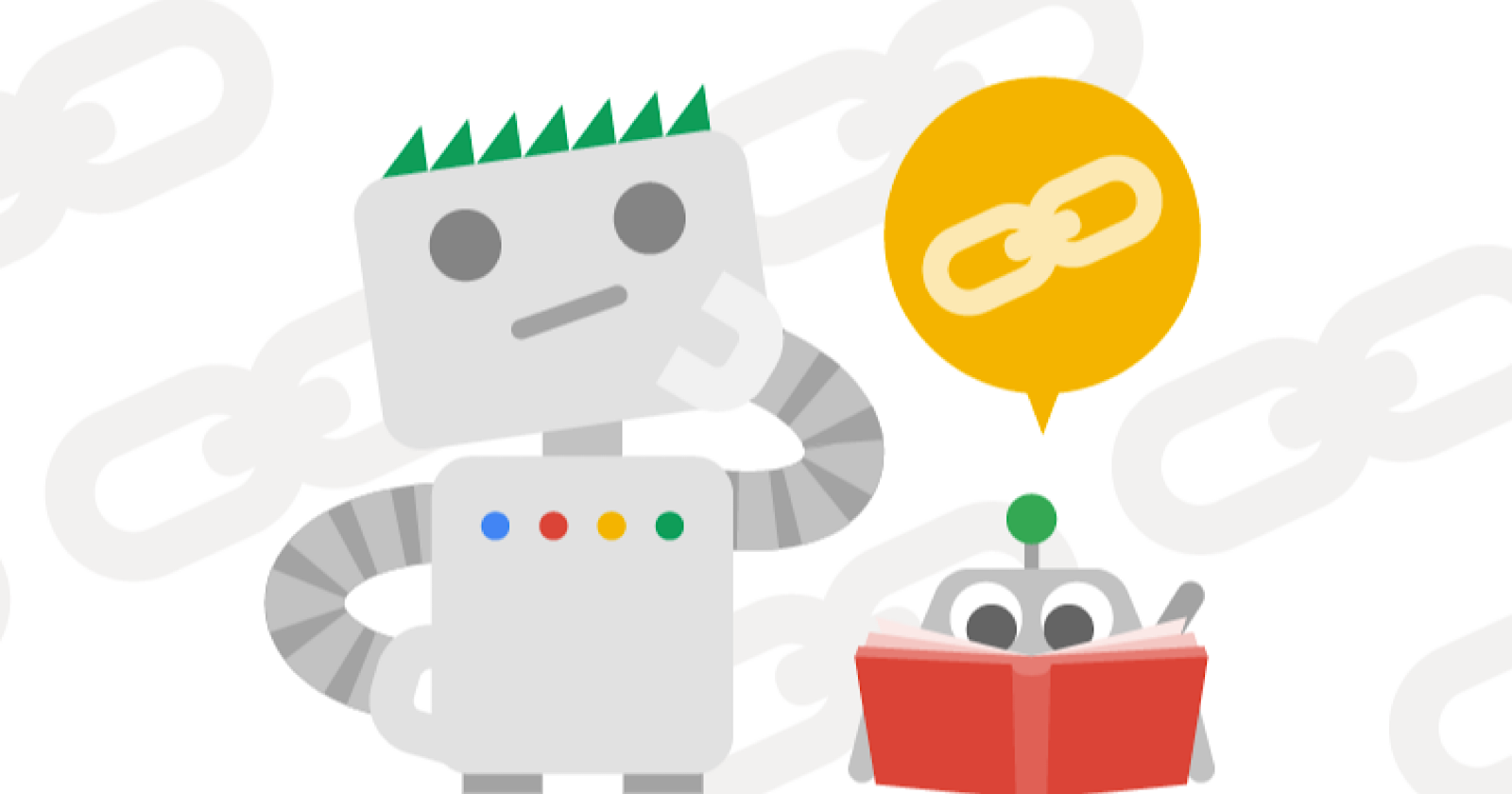Google begins rolling out the “link spam update,” which makes its algorithms more effective at identifying and nullifying link spam.
The update begins rolling out today and will take at least two weeks to roll out broadly to search results in multiple languages.
Google cautions that changes in rankings are imminent for some site owners:
“In our continued efforts to improve the quality of the search results, we’re launching a new link spam fighting change today — which we call the “link spam update…
Sites taking part in link spam will see changes in Search as those links are re-assessed by our algorithms.”
Information strewn throughout Google’s announcement suggests a particular emphasis on targeting links from sponsored, guest, and affiliate content.
In fact, the announcement begins as a casual reminder to mark up affiliate content with the appropriate rel values. Google buries the lede, as the news about this algorithm update isn’t mentioned until the end of the blog post.
This is an indication that Google wants site owners to pay attention to its advice on how to handle links within content where there’s an exchange of value involved.
Let’s go over Google’s guidance, which appears to be especially relevant to this algorithm update.
Google Link Tag Best Practices
Google reminds site owners to qualify links appropriately when linking out to other sites.
Sites are required to add tags to links where there’s a value exchange between the two domains.
In particular, Google singles out affiliate links and links from sponsored and guest content.
Here’s what Google recommends for each type of link:
- Affiliate links: Google asks sites participating in affiliate programs to qualify these links with rel=“sponsored”, regardless of whether these links were created manually or dynamically.
- Links from sponsored posts: Links that are advertisements or paid placements (commonly called paid links) are to be marked up with the rel=“sponsored” value.
- Links from guest posts: Links from guest posts are to be marked up with the rel=“nofollow” value.
Google adds that it may issue manual actions when it finds sites that fail to qualify the above types of links appropriately.
Source: Google Search Central Blog





![AI Overviews: We Reverse-Engineered Them So You Don't Have To [+ What You Need To Do Next]](https://www.searchenginejournal.com/wp-content/uploads/2025/04/sidebar1x-455.png)